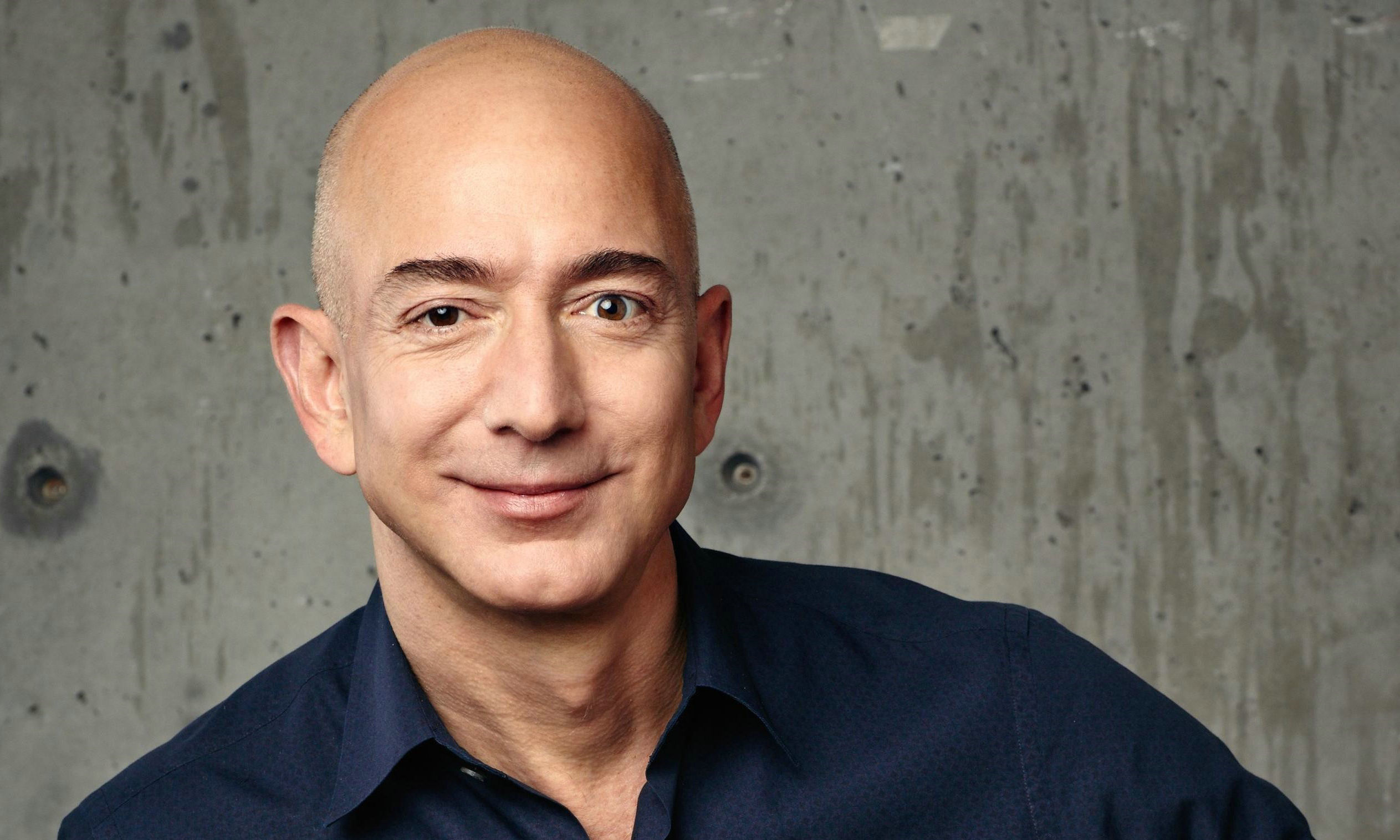In the vast sea of artificial intelligence, a brave man, with his unique perspective and courageous action, steers the surging technological tide, leading OpenAI through the fog and sailing towards the dawn of the future. He is Sam Altman - an industry giant who combines an innovator, a leader, and a thinker. With his unique insights and far-reaching layout of AI, he is shaping a new era of the harmonious dance between humans and machine intelligence. This article will deeply analyze Altman's far-sightedness, the remarkable achievements of OpenAI, and the profound mark he has left in the field of artificial intelligence.
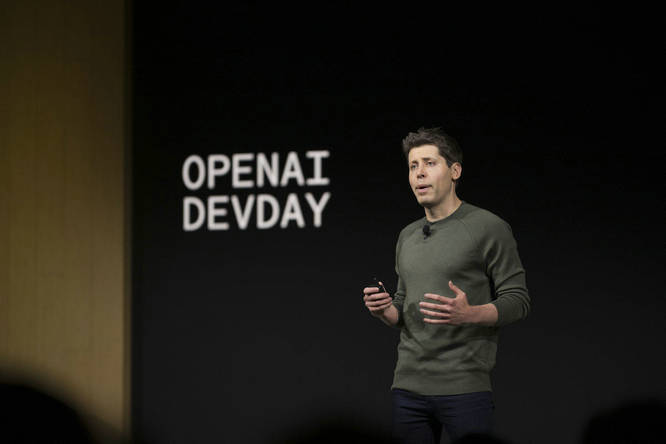
Part One: The Dawn Light: The Legendary Rise of OpenAI and ChatGPT
1: Subverting Cognition: The Emergence of ChatGPT
"We are not creating artificial intelligence but the extension of human imagination." This quote from Altman accurately depicts the significance of the birth of ChatGPT. In early 2023, when ChatGPT was first opened to the public, people were deeply shocked by its unprecedented interactive experience: it can not only understand complex instructions but also write poems, code, answer academic questions, and even have philosophical conversations. This scene is like a scene from a science fiction movie coming into reality, completely subverting people's traditional understanding of AI.
Data shows that in the first month of ChatGPT's launch, the number of users exceeded 10 million, and then it soared to the billion-level in just a few months, becoming the fastest-growing consumer application in history. Its influence quickly surpassed the technology circle and penetrated into multiple fields such as education, creativity, and consulting, triggering a global AI upsurge. With his precise market positioning and bold product innovation, Altman successfully created a phenomenon-level product in the AI field and opened a new era of the popularization of artificial intelligence.
2: Innovation-Driven: The R & D Layout and Strategic Vision of OpenAI
"Innovation is not about finding answers but asking the right questions." This maxim of Altman reveals the secret of OpenAI's continuous innovation. Under his leadership, the company adheres to giving equal importance to basic research and application development, constantly challenges the technological boundaries, and breeds innovative achievements such as ChatGPT. In the R & D process of the GPT series models of OpenAI, it uniquely created a technical route based on large-scale pre-training and fine-tuning, achieving an exponential leap in model performance.
In addition, Altman's strategic vision is also remarkable. He keenly captured the huge potential of AI in the cloud service market and resolutely reached a strategic cooperation with Microsoft. Relying on the powerful computing resources of Azure, it provided a solid guarantee for the large-scale deployment of ChatGPT. This cooperation not only brought billions of dollars in capital injection to OpenAI but also paved the way for it to rapidly expand the user group globally.
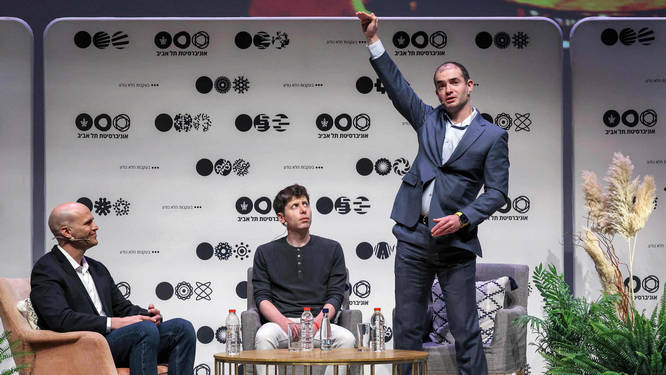
Part Two: The Warner of Energy Crisis: The Advocate of AI Green Transformation
1: The Warning of Energy Crisis: The Environmental Concerns Behind AI
"The development of AI should not be at the expense of the earth." This warning from Altman reveals the tense relationship between AI and environmental protection. In recent years, with the rapid development of AI technologies such as deep learning, the computing power required for training AI models has increased exponentially, leading to a surge in energy consumption in data centers and an increasingly prominent carbon emission problem. It is estimated that the carbon emissions generated by training a large language model are equivalent to the total emissions of dozens of cars throughout their lifetimes.
Specifically, a study in 2026 showed that the power consumption of global AI data centers has accounted for 2% of the global total electricity consumption, and it is expected to double by 2030. This not only aggravates the contradiction between energy supply and demand, but also poses a serious challenge to the global emission reduction target. Altman's warning, like a mirror, reflects the严峻 reality of the AI industry in environmental protection issues, calling on the industry and beyond to jointly face and seek solutions.
2: Green Transformation: Altman's View of AI for Environmental Protection
"AI should not only be a tool to solve problems, but also a boost for environmental protection." This concept of Altman forms the basis of his advocacy for AI green transformation. He advocated that the development of AI should follow the "green design" principle to reduce energy consumption from the source and improve energy efficiency; at the same time, use AI technology to empower clean energy, energy conservation and emission reduction, carbon capture and other fields to help the world deal with climate change.
OpenAI under the leadership of Altman is precisely the practitioner of this concept. The company launched the "Green GPT" project, which significantly reduced the carbon footprint of the GPT series of models by optimizing the model architecture, using energy-saving hardware, and utilizing renewable energy. Data shows that compared with the previous generation model, the training energy consumption of GPT-4 has been reduced by 30%, and carbon emissions have been reduced by nearly half. In addition, OpenAI is also actively developing AI technologies, such as smart grid management and precise agricultural guidance, to help other industries achieve low-carbon transformation.
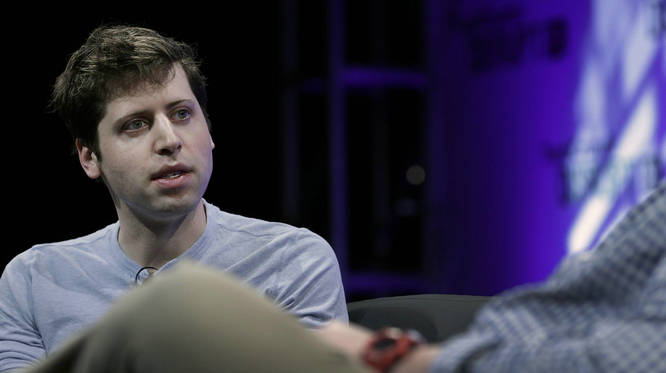
3: Industry Actions: The Global Consensus to Promote AI Green Transformation
"AI green transformation requires joint efforts on a global scale." Altman's call emphasizes the collective responsibility of building an AI environmental protection ecosystem. He advocated that all parties such as AI enterprises, research institutions, policy makers, and the public should form a joint force to jointly promote the formulation and implementation of AI green standards, guide funds to flow to green AI projects, and encourage green innovation.
At present, many organizations around the world have responded to Altman's call, such as the "AI for Climate" alliance, which brings together many AI enterprises and environmental protection organizations to jointly study the application of AI in climate actions and promote green AI practices. In addition, the United Nations Environment Programme has also released the "AI and Environment Report", calling on governments of all countries to incorporate AI green transformation into national development strategies to provide policy support for the sustainable development of the AI industry.
4: Painting the Future Together: The Unlimited Possibilities of AI Green Transformation
"AI and environmental protection are not a zero-sum game, but a win-win choice." This insight from Altman reveals the broad prospects of AI green transformation. He envisioned that in the future, AI will be deeply integrated into all walks of life and become a key force to promote the global economic green recovery and achieve the carbon neutrality target. AI will play an important role in energy management, transportation, building design, industrial production and other fields to help humans achieve efficient utilization of resources, reduce carbon emissions, restore biodiversity, and jointly build an earth home where humans and nature live in harmony.
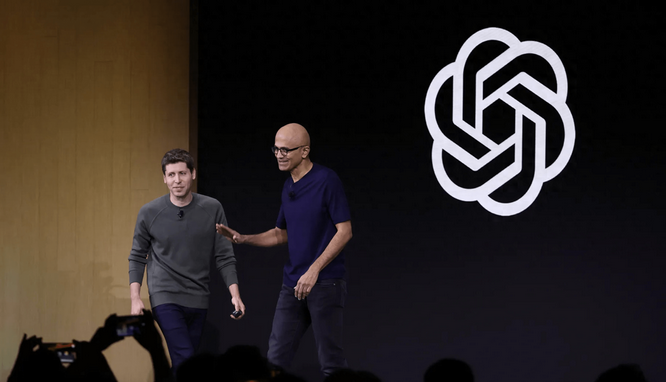
Part III: People-Oriented: A Deep Thinker on AI Ethics and Regulation
1. Ethical Dilemmas: The Warning Lights in AI Applications
"The power of technology lies not in what it can do, but in what we choose to do with it." Altman's warning reveals the essence of the ethical dilemma in AI. In recent years, a series of controversies caused by AI applications, such as algorithmic discrimination, privacy invasion, and the spread of false news, are like shrill sirens awakening the world's attention to AI ethics.
For example, a study in 2018 found that the AI screening system of a well-known recruitment platform had gender bias, resulting in a significantly lower recommendation rate for female candidates than for male ones. In another incident, the personalized push algorithm of a social network platform aggravated the information cocoon effect of users and even contributed to the spread of false information. These cases show that without ethical constraints, AI may amplify social injustice, erode public trust, and even threaten social stability.
1. People-Oriented: Altman's AI Ethics View
"The ultimate goal of AI is to enhance humans, not to replace humans." This concept of Altman forms his people-oriented AI ethics view. In his opinion, the development of AI should always serve human well-being, respect individual dignity, and promote social justice. Altman advocates embedding ethical considerations in the entire life cycle of AI design, development, and application, including principles such as fairness, transparency, interpretability, and privacy protection.
OpenAI led by Altman is precisely the practitioner of this concept. When the company developed products such as ChatGPT, it actively introduced an ethical review mechanism to ensure that the content output by the model conforms to social norms and avoids potential harmful information. In addition, OpenAI also actively disclosed some model details to improve algorithm transparency and encouraged all sectors of society to jointly supervise the operation of its AI system.
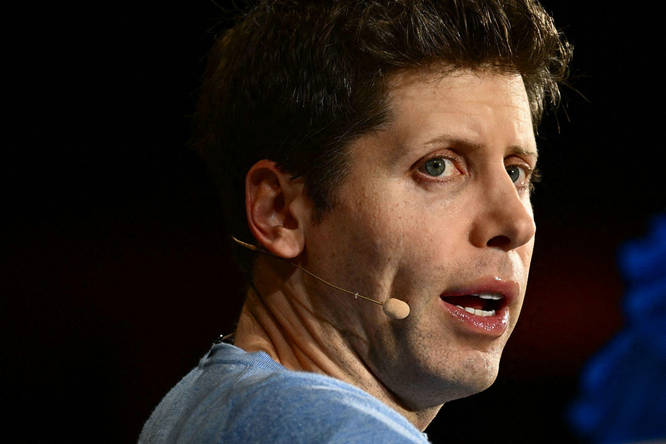
1. The Road to Regulation: Building a Regulatory System Adapted to the Development of AI
"AI regulation should not be a stumbling block to innovation, but a lighthouse to guide technology to be good." Altman's assertion provides a clear direction for AI regulation. He believes that effective regulation should balance innovation incentives and risk prevention, allowing enterprises to actively explore under the premise of legality and compliance while preventing the negative impacts caused by the abuse of AI technology.
At present, governments around the world have begun to take action and start to formulate AI-related laws and regulations. The European Union proposed the "Artificial Intelligence Act" in 2021, aiming to establish a comprehensive AI regulatory framework to ensure the safety, reliability, and transparency of AI systems. The US Federal Trade Commission is also strengthening consumer protection in the AI field and cracking down on unfair competition behaviors driven by AI. These measures have set an important benchmark for global AI regulation.
1. Building the Future Together: Multi-Party Collaboration to Promote AI Ethics and Regulation
"To solve the problems of AI ethics and regulation requires the joint efforts of the whole society." Altman's appeal emphasizes the collective responsibility of building an AI ethics ecosystem. He advocates that the government, enterprises, academia, civil society and other parties form a joint force to jointly participate in the formulation and implementation of AI ethics guidelines and promote the keeping-up with the times of the regulatory system.
Altman actively promotes the cooperation of OpenAI with international organizations, research institutions, and non-profit organizations to jointly study the social impact of AI and explore best practices. He also proposed to establish a global AI governance forum to provide a platform for countries to exchange experiences and coordinate positions, with the expectation of building a global unified AI ethics and regulation standard.
Facing the opportunities and challenges brought by AI, Altman has not stopped at the existing achievements. He knows that a true leader should not only control the present but also foresee the future. OpenAI is investing heavily in researching the next generation of AI technology, aiming to solve more complex problems and provide more refined services while ensuring the safety, controllability, and fairness of the technology.
Altman firmly believes: "AI is not the purpose, but a means to achieve the purpose." He calls on all sectors of society to jointly explore how to use AI to solve global problems such as climate change, disease prevention and control, and the distribution of educational resources, and let AI become a powerful tool to promote social progress and enhance human well-being. At the same time, he reminds the industry to be vigilant against problems such as employment structure changes and data privacy risks that AI may cause and advocates the establishment of an education system and social security system adapted to the AI era.
Conclusion:
Sam Altman, the helmsman of OpenAI, with his profound insight, firm sense of responsibility, and fearless innovative spirit, leads the artificial intelligence industry into a new golden age. His story is a symphony about technology, ethics, society, and the future, reminding us that while enjoying the convenience and change brought by AI, we should not forget to reflect and move forward prudently. Altman's words and actions, like a lighthouse, illuminate the voyage of human exploration and control of change in the AI ocean and outline a magnificent picture of the interweaving of technology and humanity, and the collision of rationality and passion. Under Altman's leadership, OpenAI and the entire AI industry are jointly writing a new chapter of harmonious coexistence between humans and AI with unprecedented courage and wisdom.
